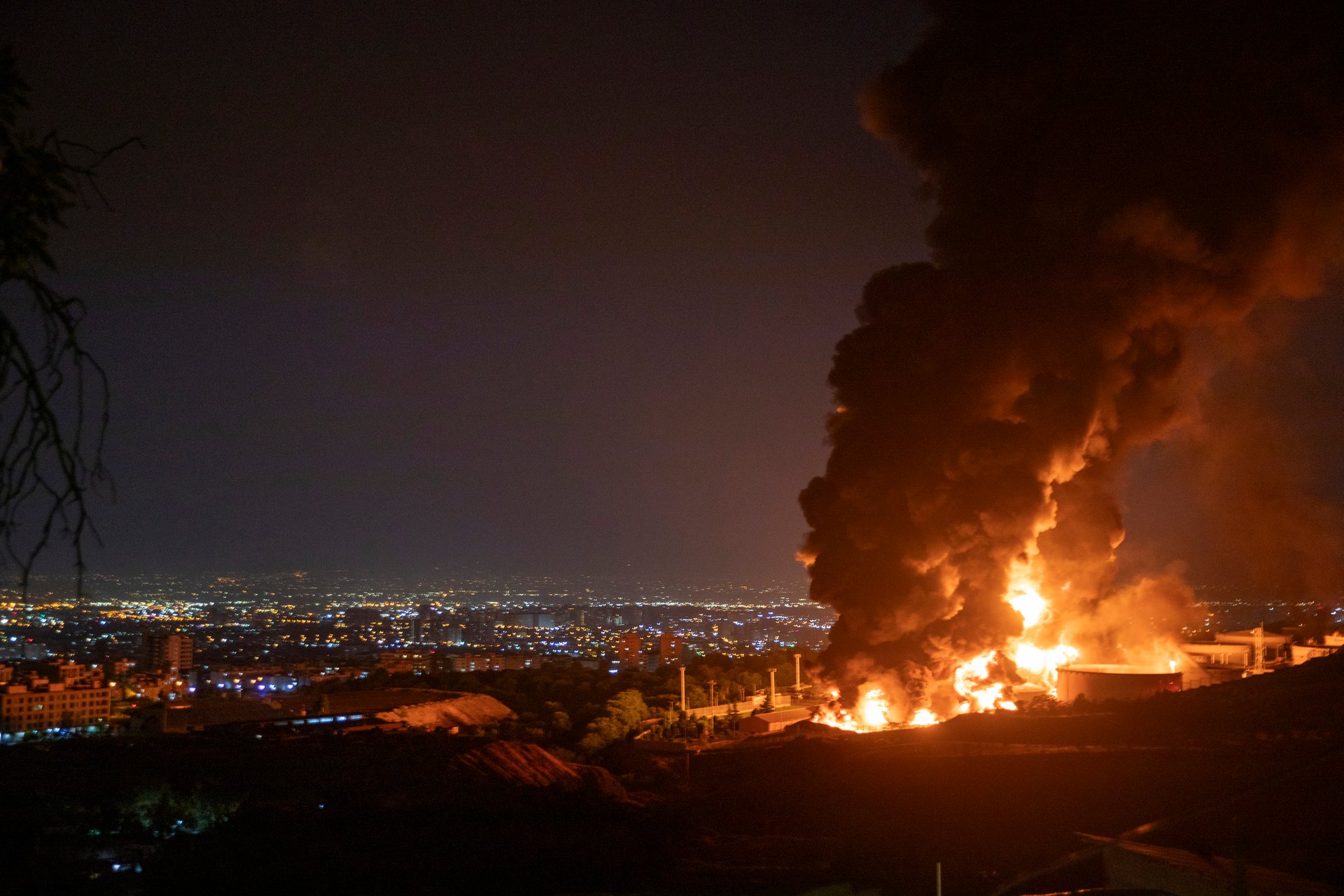The U.S. strikes Iran. What it means for the markets
All the uncertainty that's been swirling around markets just got a bit more uncertain. Here's what it might mean for stocks, oil, the Fed, and more

Getty Images
Global markets are beginning the week on edge after President Donald Trump ordered military strikes on three Iranian nuclear sites over the weekend, escalating tensions in an already fraught region.
While the Trump administration framed the move as a push toward negotiations, it’s not clear how bombing deep into sovereign territory makes that outcome more likely. Instead, the strikes drew immediate warnings of retaliation and talk from Iran’s parliament about closing the Strait of Hormuz — a move that could choke off a fifth of the world’s oil supply.
Meanwhile, domestic historians and analysts are questioning the legality of Trump’s actions under both international law and the U.S. Constitution, which explicitly grants Congress — not the president — the authority to declare war. With no clear congressional authorization and little transparency around the administration’s rationale, critics warn the strike could mark a dangerous expansion of executive war powers.
For now, let’s look at possible short-term effects across major markets and the economy.
U.S. stocks
Stock futures hardly dipped ahead of Monday’s market open, with investors appearing to barely price in the risk of further escalation. The S&P 500 looked set to open flat, while the Nasdaq appeared set to open in the green.
The initial moves suggest markets are bracing for volatility but hardly panicking. In a memo released early Monday, Wedbush Securities analysts described the outlook this way: "We believe tech stocks should shake... jitters off with cyber security stocks in particular set to be front and center this week as investors anticipate some cyber attacks from Iran could be on the horizon as retaliation."
Oil prices
Any real disruption to oil flows through the Strait of Hormuz could drive prices toward $120 per barrel, analysts at JPMorgan warned recently. For now, the Strait remains open, and over the weekend, oil prices rose only about 1.5%, heading into Monday.
Tanker traffic is reportedly moving with caution, and officials across the region are watching closely. With trust eroding and diplomacy sidelined, investors are left parsing intentions from missile strikes, which is hardly the ideal foundation for price discovery.
Inflation and the Fed
Rising oil prices could inject fresh inflation into the U.S. economy just as the Federal Reserve debates whether and when to cut interest rates, with the Fed’s most recent reasoning (released just last week) suggesting two possible rate cuts in the second half of 2025.
If sustained, a spike in energy prices could strengthen the case for staying on hold, or even for tightening measures. At the same time, some economists argue such sustained price moves could just as easily prompt the Fed to cut rates sooner than it otherwise might.
In other words, all the "macro uncertainty" that's been swirling around markets just got a bit more uncertain.